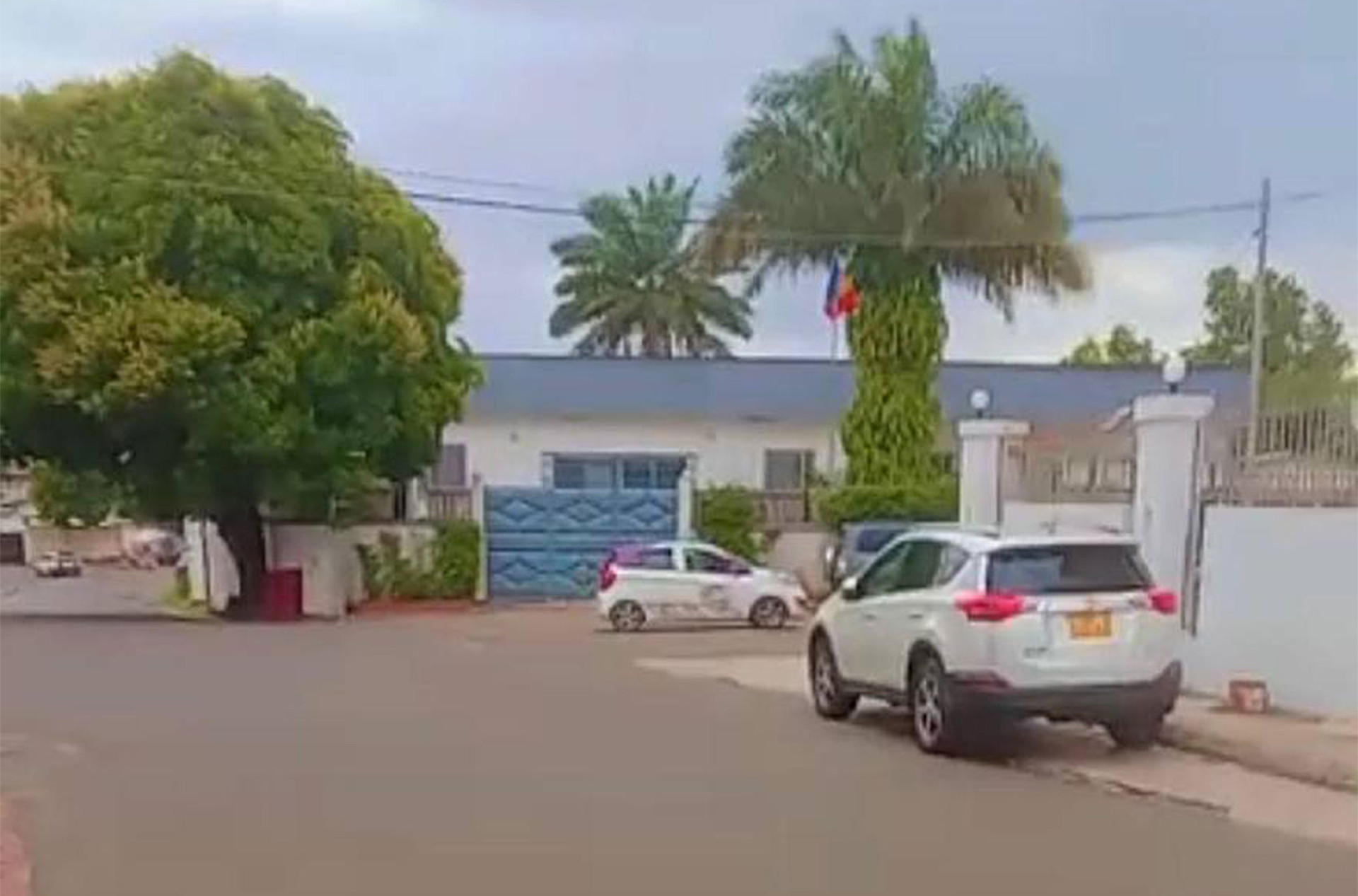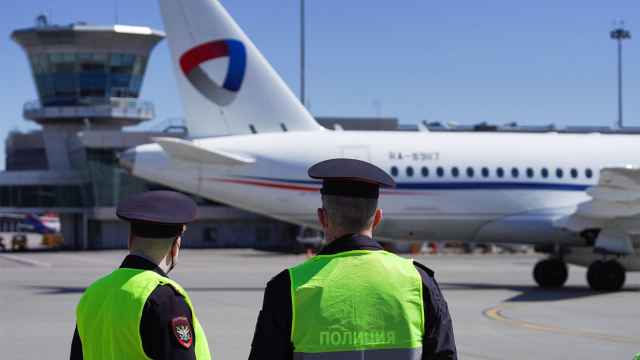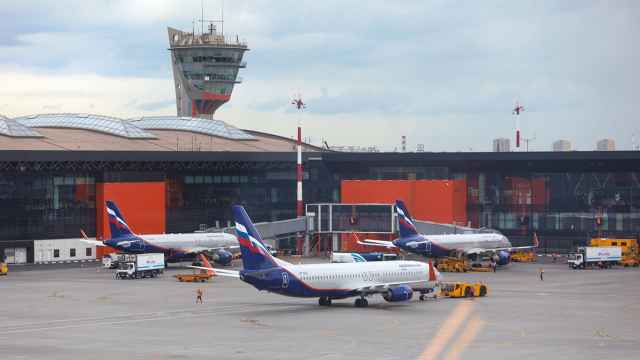A company based in the West African nation of Gabon imported nearly $1.5 billion worth of aircraft parts to Russia last year despite Western sanctions in response to the full-scale invasion of Ukraine, The Moscow Times’ Russian service reported Thursday, citing customs data.
Of the nearly $2 billion worth of aircraft parts exported to Russia in 2023, the Gabonese-registered company Ter Assala Parts accounted for $1.48 billion, making it the single largest supplier for that year.
After Gabon, the top country exporters of aircraft parts to Russia were Thailand, with more than $200 million worth of exported parts, and the United Arab Emirates, with more than $160 million.
An unnamed citizen from the Central Asian republic of Kyrgyzstan is listed as the beneficiary of Ter Assala Parts, which is reportedly not listed in Gabon’s official trade registry.
According to an import business owner with knowledge of registration procedures who spoke to MT Russian on condition of anonymity, Ter Assala Parts is likely a front company registered in another country that does business via Gabon.
Economist Igor Lipsitz described the trade as a “complicated criminal scheme” that may involve high-level Russian and Gabonese officials.
“Someone in the Gabonese administration is apparently covering it up. The [Russian] government is giving it carte blanche,” Lipsitz suggested.
Aircraft parts exports from Gabon to Russia began in August 2023, the same month when military officers launched a coup against ex-president Ali Bongo Ondimba and fell out of favor with Western governments.
Russia, which has sought closer ties with the global south amid its war against Ukraine, has a fleet of oil tankers sailing under Gabonese flags, some of which were targeted by U.S. sanctions last month.
In addition to oxygen masks, used computers, ground collision warning and fuel level measurement systems, the exported goods from Gabon to Russia included 15 U.S.-made used engines for Boeing-737 and Airbus A320/A321 aircraft valued at more than $58 million.
In May 2023, the United States arrested Russian nationals Oleg Patsulya and Vasily Besedin on charges of sending aircraft parts to Russian airlines in violation of export laws.
None of the listed owners of the Russian firms that bought goods from Ter Assala Parts appear to have any connection to the aviation sector, MT Russian reported.
Among the importers was the company Protektor, whose ex-owner, Yekaterina Provotorova, appears to be the wife of Pavel Provotorov, the former head of the global parts supplier Eftec Aero Limited and former co-owner of the U.S.-sanctioned customs clearance business Fastair International.
Russia’s airline sector was among the most impacted by Western sanctions and the economic fallout from the invasion of Ukraine, which entered its third year in late February.
Aviation expert Ilya Shatilin told MT Russian that arrangements like the flow of imports from Gabon mean “there is virtually no shortage of foreign aircraft parts in Russia.”
“There are millions of schemes through which you could import spare parts,” he said. “Sanctions have not worked, do not work and will not work.”
A Message from The Moscow Times:
Dear readers,
We are facing unprecedented challenges. Russia's Prosecutor General's Office has designated The Moscow Times as an "undesirable" organization, criminalizing our work and putting our staff at risk of prosecution. This follows our earlier unjust labeling as a "foreign agent."
These actions are direct attempts to silence independent journalism in Russia. The authorities claim our work "discredits the decisions of the Russian leadership." We see things differently: we strive to provide accurate, unbiased reporting on Russia.
We, the journalists of The Moscow Times, refuse to be silenced. But to continue our work, we need your help.
Your support, no matter how small, makes a world of difference. If you can, please support us monthly starting from just $2. It's quick to set up, and every contribution makes a significant impact.
By supporting The Moscow Times, you're defending open, independent journalism in the face of repression. Thank you for standing with us.
Remind me later.









